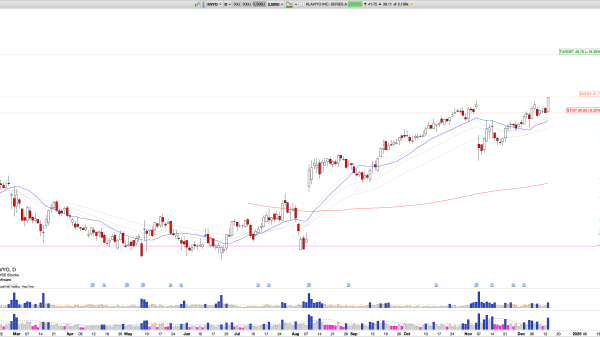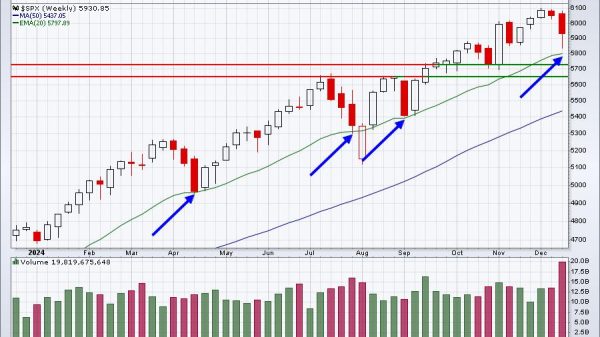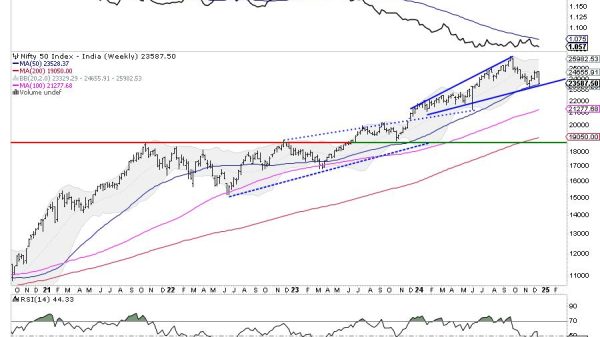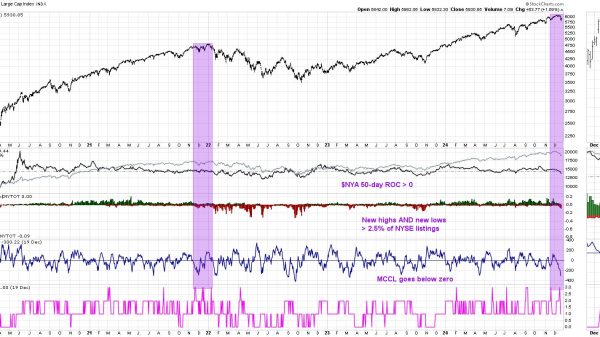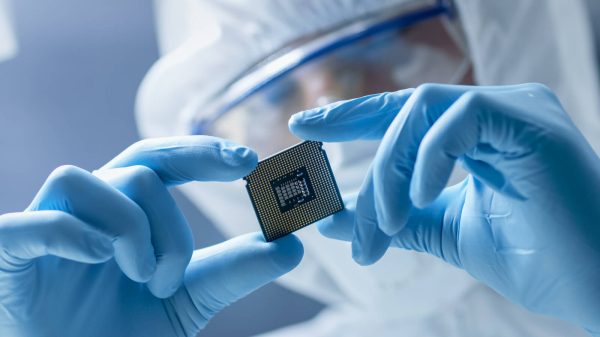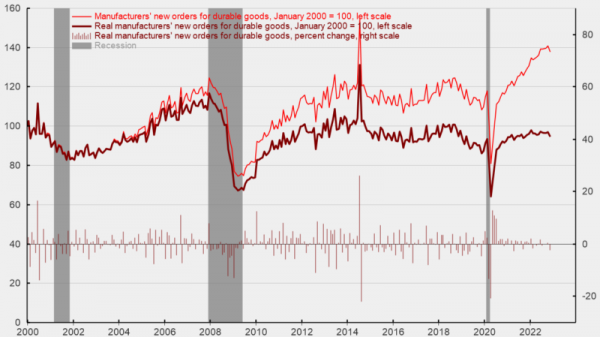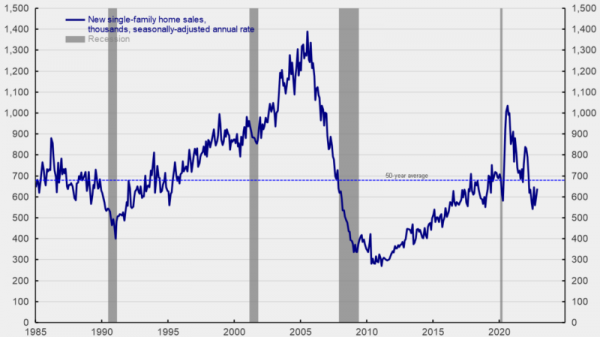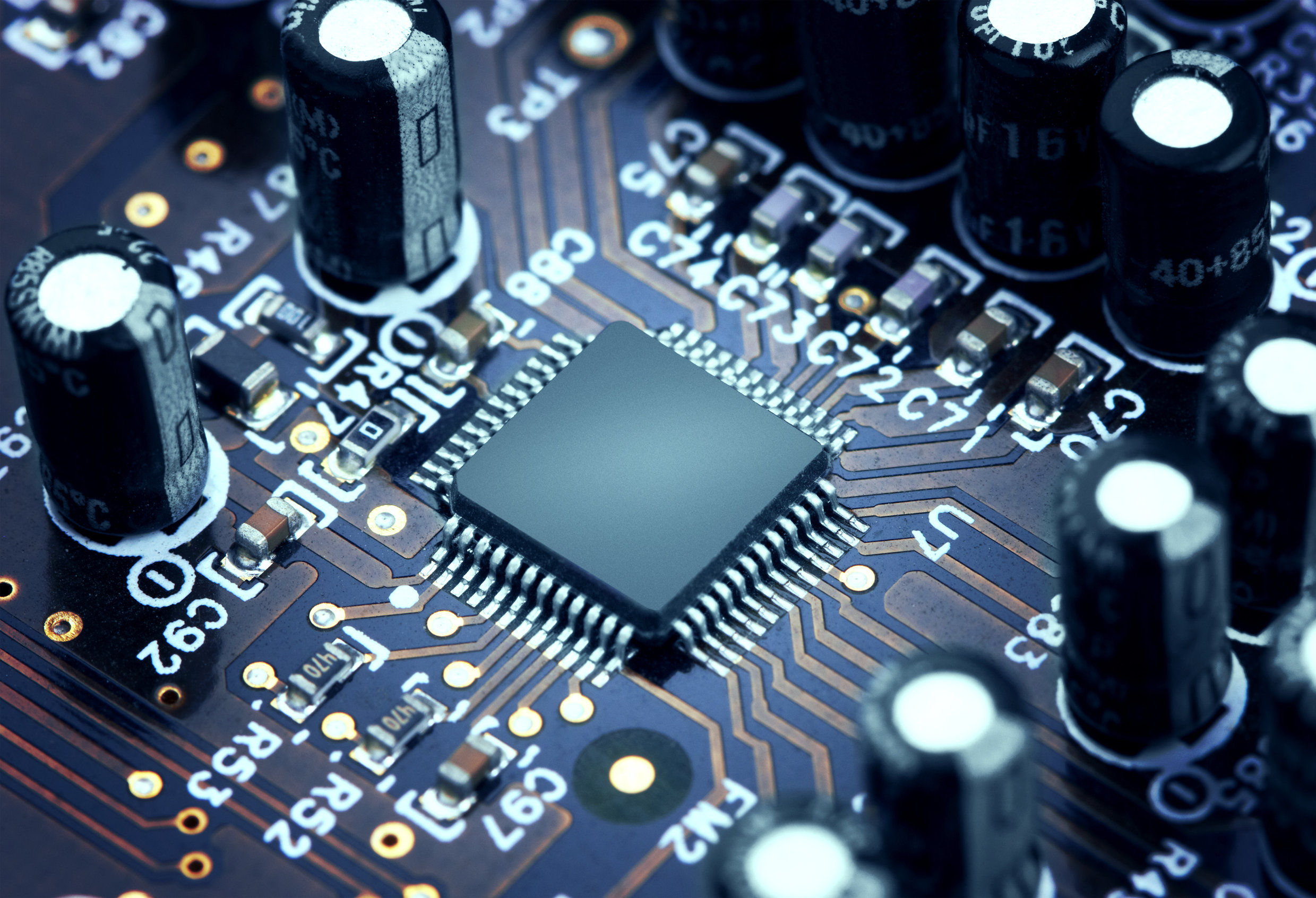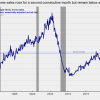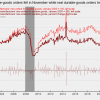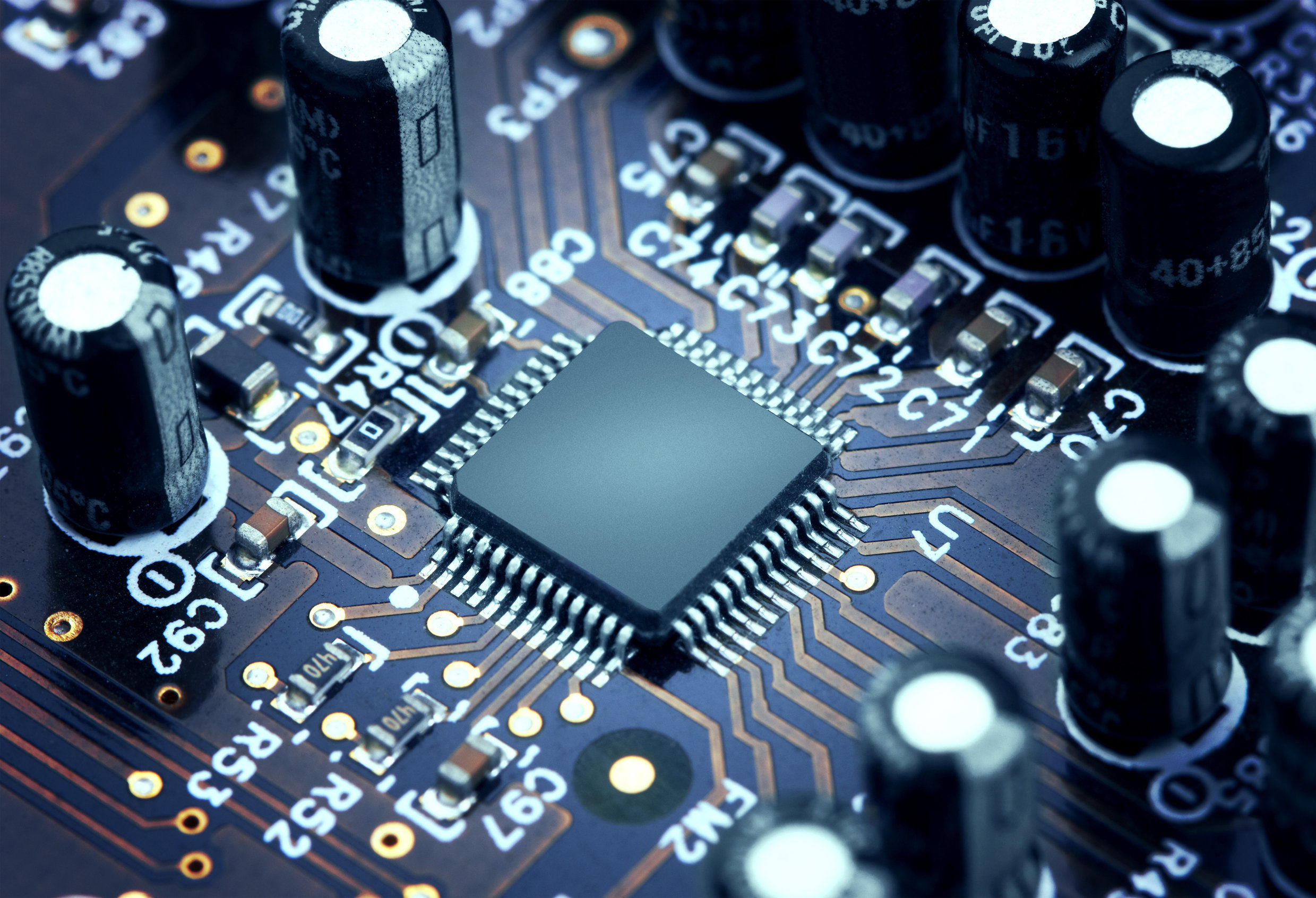
In a sharp escalation of US-China tech tensions, four leading Chinese industry associations have advised domestic companies to reconsider purchasing US chips, labeling them as “no longer safe.”
This rare, coordinated response follows Washington’s latest export curbs on Chinese semiconductor firms, further straining an already fraught relationship between the two global superpowers.
The move could ripple across major US chipmakers, including Nvidia, AMD, and Intel, raising questions about the future of their foothold in China’s lucrative market.
China’s warning against US chips
The advisory from Chinese associations comes on the heels of the US imposing its third set of export restrictions in three years.
On Monday, Washington extended its controls to 140 entities, including Naura Technology Group, a prominent chip equipment maker.
These actions are part of an ongoing strategy to curtail China’s technological advancements, citing national security concerns.
In response, Chinese associations representing industries such as telecommunications, semiconductors, and the digital economy urged local businesses to prioritize domestic chips or explore alternatives from other regions.
The Internet Society of China, through its WeChat account, encouraged firms to “proactively” adopt locally produced semiconductors and reduce reliance on US suppliers.
The warning could disrupt business for US semiconductor giants like Nvidia, AMD, and Intel, which have historically maintained a strong presence in China despite export restrictions.
The Semiconductor Industry Association (SIA), a US trade group, dismissed the claims of American chips being unsafe, stating, “Coordinated calls in China to limit procurement of US chips are unhelpful and inaccurate.”
The SIA further emphasized the importance of targeted export controls that address specific security concerns, urging both nations to de-escalate the conflict to prevent broader economic fallout.
China’s rare earth export ban
Compounding the tension, Beijing has banned the export of critical rare earth minerals used in military applications, solar cells, and fiber optics.
This move is seen as a direct retaliation against the US trade policies.
A White House National Security Council spokesperson responded, vowing to deter further “coercive actions” from China and accelerate efforts to diversify supply chains away from Chinese dominance.
The warnings echo earlier actions against US companies like Micron, which faced a cybersecurity review and eventual restrictions in China.
Similarly, Intel has been scrutinized by Chinese cybersecurity bodies for allegedly harming national security.
Such measures indicate a broader strategy by Beijing to challenge US dominance in critical technology sectors.
As both nations double down on protective measures, businesses on both sides of the Pacific face increasing uncertainty.
While China pushes for domestic innovation, US companies are likely to explore new markets to offset potential losses.
The escalating trade war could redefine the global semiconductor landscape, impacting supply chains and investment decisions worldwide.
The post Chinese industry groups claim US chips are ‘no longer safe’: here’s why appeared first on Invezz





